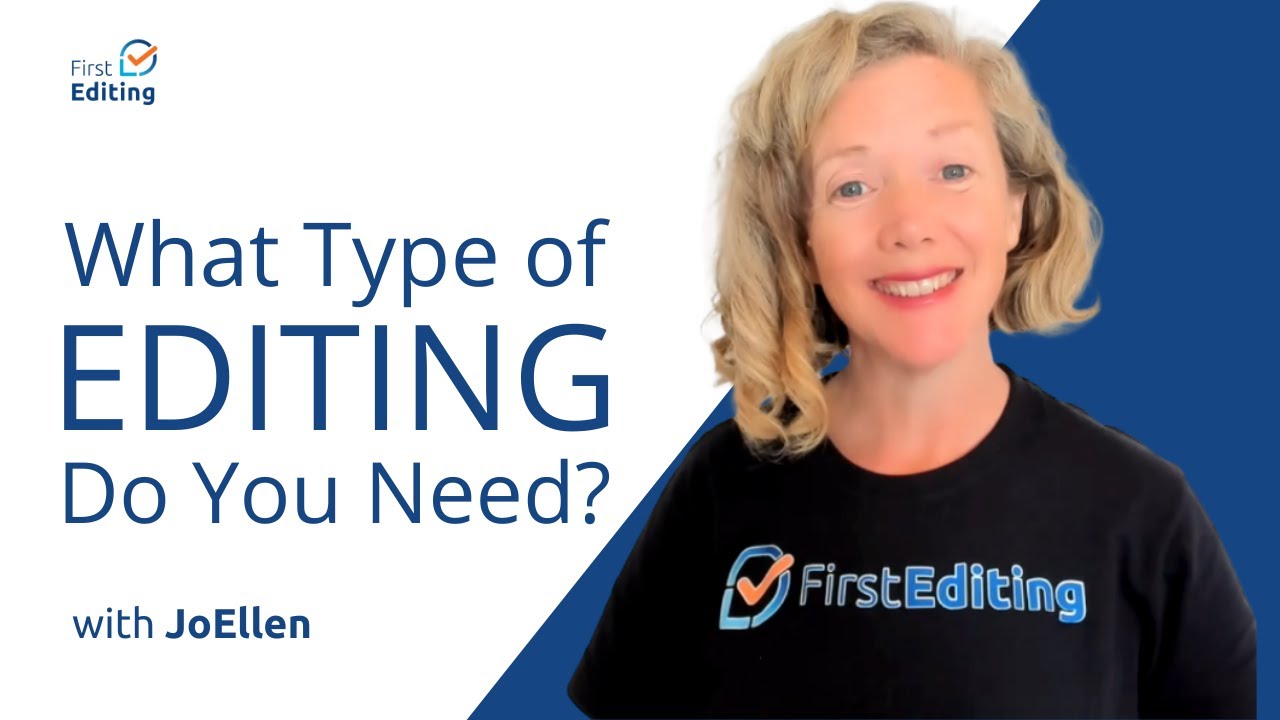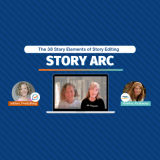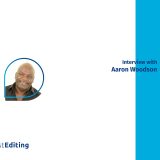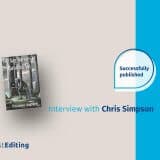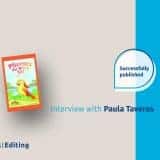

Most writers know they should ideally avoid using cliché in their writing, but what is a cliché in the first place? And how can you work your way around it?
Are there any instances when cliché can actually be a good thing? Which specific phrases should you throw out of your vocabulary right this second?
Today, we’ll unpack all of that – and more.
“When he looked into her eyes as blue as the ocean, he realized he was head over heels in love.”
The sentence above contains two clichés, both of which you’ve probably already guessed – comparing the colour blue to the ocean and using an extremely common phrase to describe the feeling of falling in love.
A cliché is essentially a phrase or an idea that was once considered novel and innovative but is now overused and old.
The first time someone said “Good things come to those who wait,” it was probably a huge hit. Over time, however, the phrase has been used in so many situations by so many people that it no longer contains the spark of originality it once possessed.
Clichés come in various shapes and forms, including:
- Comparisons (“red as a rose”)
- Adages (“better late than never”)
- Phrases (“last but not least”)
- Metaphors (“at the speed of light”)
Many writers can recognize a cliché when they see one because we’re such voracious readers that we can intuitively tell what’s new and what’s old.
However, that doesn’t stop us from using cliché in our own stories, which is why we also need to learn how to cut it out when necessary.
RELATED READ: How to use repetition as a literary device
How to Avoid Using Cliché in Your Writing
Overused phrases and predictable tropes aren’t necessarily bad in and of themselves – there’s a reason they’ve been used so many times, after all – but they do signal unoriginality, which many readers may take an issue with.
This is why it’s important to banish most cliché from your fiction. I say “most” because there are phrases and tropes that serve a specific purpose, such as:
- Reaching the target audience (for example, certain generations can relate to specific phrases while some readers purposely seek the same tropes and plotlines, such as the “enemies to lovers” trope)
- Depicting a character’s personality in more depth (a character who lacks empathy, for instance, may try to cheer their friend up by saying “Look on the bright side!”)
Plus, sometimes, cliché just works. This is why it’s better to look at each of your clichés in the context of the story and determine for yourself whether you’d like to keep them or throw them out.
If you decide to do the latter, here are a few tips to keep in mind.
Don’t overthink it when writing the first draft. No one’s first draft is perfect. In fact, many writers create such chaotic first drafts that they are almost unrecognizable from the final product. Therefore, it doesn’t really matter how many overused phrases you write during this stage because you can always erase them later on. What matters most is that you get the story down on the page.
Replace it with something more original. Once you begin to revise and edit your draft, it’s time to take a closer look at your clichés and figure out the best way to replace them. Oftentimes, it is enough to simply cut them out, but if you want to describe the same sentiment using different words, try to think of comparisons and metaphors that aren’t as common.
For inspiration, you can look at the world around you and see whether something comes to mind:
- Plants and animals
- Household appliances
- Food
- Weather
- Buildings
- Culture
Ask your friends or beta readers for feedback. Once you’re ready to send your manuscript to others, jot down the specific phrases or tropes you’re unsure about and ask your friends for opinions once they’re done reading (not before – this way, they won’t look for it and will have an authentic reading experience).
RELATED READ: Literary Techniques: 10 Common Literary Devices You Should Know
Common Cliches: Examples
Cliché can be found in essentially everything, from specific phrases to dialogues and plotlines.
Phrases:
- “Actions speak louder than words”
- “All’s fair in love and war”
- “Think outside the box”
- “In the nick of time”
Dialogue and direct speech:
- “I’ve heard enough!”
- “A penny for your thoughts”
- “We’ll laugh about this later”
- “You take my breath away”
Descriptions:
- “She released a breath she didn’t know she was holding”
- “The silence in the room was deafening”
- “Her heart skipped a beat”
Tropes:
- Love triangle
- Enemies to lovers
- Rags to riches
Again, it’s important to remember that cliché can absolutely be written well. Many writers put an original spin on it, which means that a simple love triangle can turn into an intricate and deeply psychological exploration of the human psyche.
Plus, some readers just really want to read a typical slow-burn “enemies to lovers” story, which is also completely valid. It all depends on how you approach cliché and whether you manage to make it work.
Conclusion
Cliché is a bit of a double-edged sword (pun intended).
On the one hand, it can weaken your writing and make your story sound unoriginal or repetitive; on the other, it can be precisely what your target audience wants. This is why it’s vital to always research the genre you’re writing.
And if you do decide to use a cliché plotline, let’s say, try to put your own spin on it so that your story is the perfect blend of something your readers will love and something they won’t expect.




